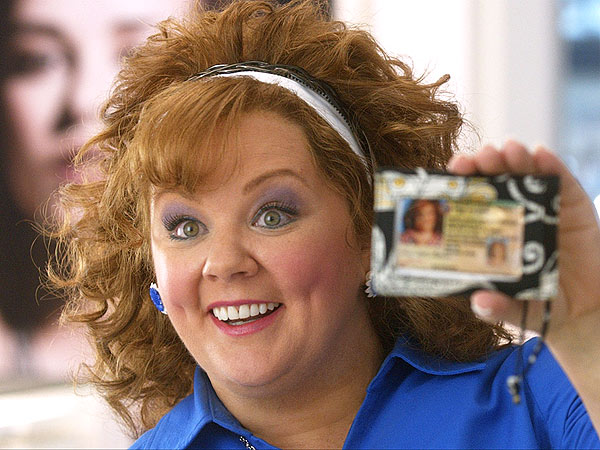TOKYO (Reuters) - Japan may release data it says will prove a Chinese naval vessel directed its fire control radar at a Japanese destroyer near disputed islands in the East China Sea, local media reported.
Japan has said a Chinese frigate on January 30 locked its targeting radar on a Japanese destroyer - a step that usually precedes the firing of weapons - but China insists that its vessel used only ordinary surveillance radar.
The incident has added to tensions between the two nations over the disputed islands.
Japan will consider how much normally classified data it can release, the media reports said, citing comments by Japan Defence Minister Itsunori Onodera on local television.
"The government is considering the extent of what can be disclosed," Kyodo news agency quoted Onodera as saying.
China has accused Japan of smearing its name with the accusations, and on Saturday, the official Xinhua news agency continued the war of words.
"By spreading false accusations and posing as a poor victim, Japan had intended to tarnish China's image so as to gain sympathy and support, but a lie does not help," it said in an English language commentary.
"China has been exercising maximum restraint and stayed committed to solving the dispute through dialogue and consultation."
Japan and China have been involved in a series of incidents in recent months in the East China Sea where Chinese and Japanese naval vessels regularly shadow each others movements.
Both countries claim a small clusters of islands, known as Diaoyu in China and Senkaku in Japan, believed to be rich in oil and gas. Controlled by Japan, possession of the uninhabited outcrops and the sea surrounding them would provide China with easier access to the Pacific.
Hopes had been rising for an easing in tensions, including a possible summit between Japanese Prime Minister Shinzo Abe and Chinese Communist Party chief Xi Jinping. But the radar issue has seen China and Japan engage in a fresh round of invective.
China's Defence Ministry on Thursday said Japan's complaints did not "match the facts". The Chinese ship's radar, it said, had maintained regular alerting and surveillance operations and the ship "did not use fire control radar".
Japan's position against China has hardened since Abe led his conservative party to a landslide election victory in December, promising to beef up the military and stand tough in territorial disputes.
The commander of U.S. forces in the Asia-Pacific said the squabble between Japan and China underlined the need for rules to prevent such incidents turning into serious conflict.
China also has ongoing territorial disputes with other Asian nations including Vietnam and the Philippines over islands in the South China Sea.
(Reporting by Tim Kelly; Additional reporting by Ben Blanchard in BEIJING; Editing by Michael Perry)











